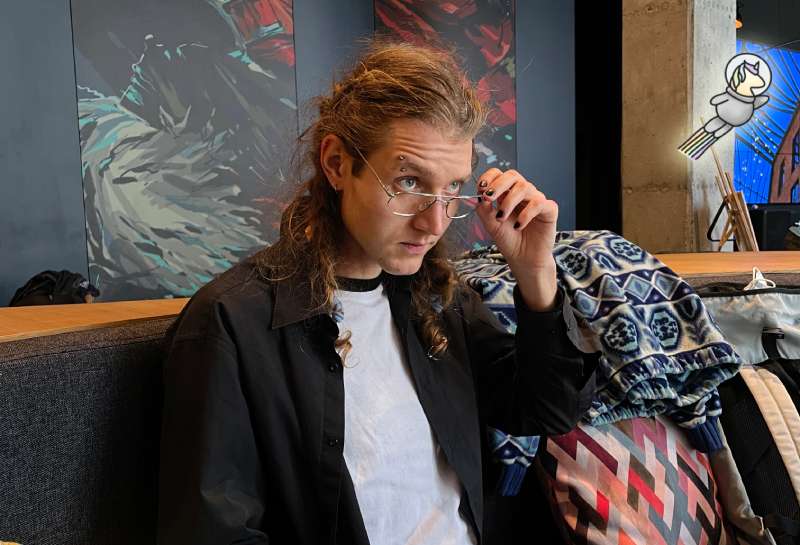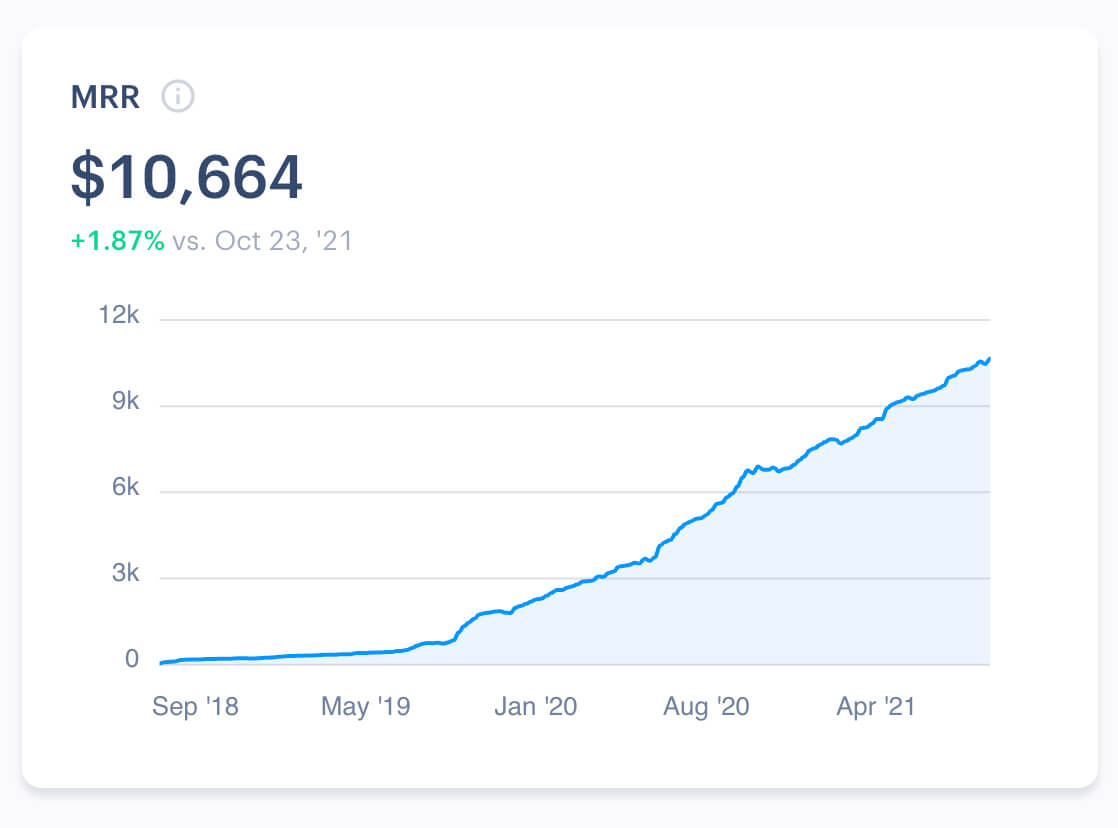Cinderella story: Alex sold his bootstrapped SaaS for $800k

Why is less sometimes more? How to build a product people love to use? And how to find a perfect match for selling your beloved project. I interviewed a fellow indie @alexanderisora, founder of Unicorn Platform, about that and even more. He shared his story of finding the right idea through execution until his successful exit this year. Let’s dive into the interview.
Alex, what led you to start the Unicorn platform?
First, I co-founded a web design agency. We coded templates and WordPress websites. During that experience, I learned a lot about our customers. I talked to many clients to understand how the industry works, what people like, what they dislike, etc.
These talks made it clear to me that the world needs a new website builder!
There are many website builders out there. What makes you different?
We give you less! I mean fewer options to style your web. I know it sounds controversial.
It’s a unique project value proposition 😅
I know it’s not obvious how this can be beneficial. We have like 100 fewer features than our competitors like Webflow or WordPress.
Why do people use us over them? Because it’s super simple! When you start a new project in Webflow, you are overwhelmed with options and many possibilities. Your mind needs to decide what buttons to use, what styles, color schemes, etc. People find it stressful.
My goal is to give users joy while building their websites.

So, you bet on simplicity and user experience.
Yes. I created a game where they can’t lose. Each player (user) ends up being rewarded with a nice modern website. Users often tell me, “Hey, I spent 5 minutes building my website, and my friends keep giving me compliments.”.
How do you handle new feature requests? I suppose you need to decline many of these.
We kindly decline any ideas that would complicate our website builder. Unicorn Platform would become a different product. However, we recommend other tools, our competitors, to our customers if they can satisfy their needs. We want them to be happy :)
That’s awesome. How did you get your first customers?
My first user is my friend, and he’s still using the tool today. I build credibility among my friends, freelance web developers, who trust me and my product. That’s how I got my first 5-10 paying clients.
I found a graph of your MRR, and as we can see, it started to snowball around a year of building. What happened back then?

The real game-changer was the release of the second version. My MVP was just a simple page builder generating static HTML code. You still had to change all images, texts, and upload it to the server. The new version enabled users to customize everything on our platform.
Was this your plan from the beginning, or did you figure it out on the way?
It was my plan from the beginning. I had to prove to the world that I can deliver. I created a simple MVP and ran a lifetime deal to raise some money. I got $10k in revenue, which I used to buy some food during the months I was coding the second version.
I like that strategy! Many founders hesitate to run a lifetime deal for SaaS businesses, but it seems it worked well for you.
Yes, it created a nice runway and motivated me to work on the product.
What about marketing? What channels work for you the best?
Product Hunt works very well for me. It’s a great target audience for my product. But be careful, it won’t work for everyone. It’s a great source of traffic and awareness, but you need to find out where your target audience is.
I know you build your startup in public, sharing your revenue and stats. Do you think it helps with marketing too?
Yes, my most popular tweets are those with numbers. Where I share insights and data. It attracted many new clients. I don’t have any marketing budget, and this is something I can do low cost. Other positive effects are self-reflection and getting outside feedback from someone you might not know.
Besides giving me additional customers, it also helped me to sell my project.
Okay, let’s talk about the acquisition now. Why did you decide to sell Unicorn Platform?
I came to a point when I had to decide what was next. Build a company out of my solo indie hacker project or sell it. Because I’m a social guy, I need people to interact with, and running a project just by myself was hard.
I used to get like 2-3 acquisition offers per month. Buyers care only about numbers. They didn’t care about the vision, product, or customers. I didn’t want to sell to them because I care about our users and the future of the product.
Suddenly, I got in touch with John, who is building a low-code tool for developers - Mars. It was different. We talked about our shared vision and how we can create something better together.
We didn’t talk about money at all. Later, I visited him personally in Istanbul, where we continued our discussion. Just before my taxi to the airport, I said a number I had in mind, and he agreed. That’s it. Negotiations took like 10 seconds.
I got $400k in cash + $400k in Mars shares.
What’s your takeaway from selling the project?
Take your time. Find the right person that shares the same vision. It has to be a good match if you are going to work together.
How did your job role change over time?
The acquisition helps me take a break and find out what I like and what I want to do. I realized I didn’t like programming, and it was time to move this task to more experienced developers. I still manage the product, answer support tickets, and do marketing activities. And I enjoy being a part of a bigger team now.
What’s next for you?
Nothing changed for the Unicorn Platform. I’m still the CEO, but I outsourced all programming.
Also, I help Mars with marketing and new ideas.
In the long term, I want to create a fund and help indie makers build cool things.
Did you enjoy this interview? I share my know-how of bootstrapping projects and talk to friends on the Lunadio blog. Also, you can follow me on Twitter 😎

Nice story to read and follow. Thanks for sharing.
An excellent account of Alex's success story. Concise and focused on all the good stuff. It's cool to see the MRR tick up slowly before going to the sky—it's easy to assume it's rocket ship growth from day 1!
Congratulations @alexanderisora!
Thanks for the warm words, Aarom. I'm glad to hear the story was exciting for you.
Yeah, the MRR is moving slowly. It definitely takes patience 🤓
Thank you for sharing, Ivan! Inspiring! 🙏
Thanks for interviewing me, Ivan 🙏 It was fun and cool 🤓
so the life time deal is possible for the online saas product? how about we out of runway, what should we do?